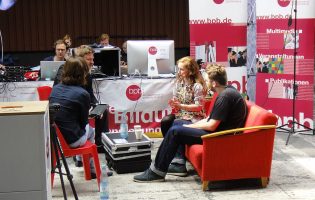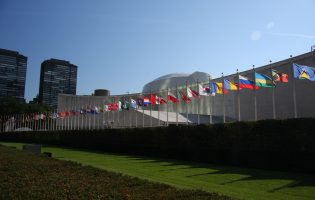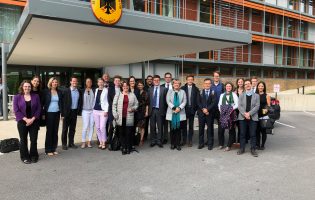Recent Authors
AGI provides knowledge, insights, and networks as tools to solve the challenges ahead.
Support Our WorkAGI Launches Project on Integration in Germany as part of the “Year of German-American Friendship”
Washington, DC, October 3, 2018 – The American-German Institute (AGI) at Johns Hopkins University announced today that it has received a grant from the German Federal Foreign Office to support …

A Democratic Response to Digital Disinformation: The Role of Civil Society
Numerous factors complicate efforts to combat digital disinformation, not the least of which is the near impossibility of establishing a universal set of standards that could define what is and …

Digital Propaganda and Cyber Threats: The Role of Politics and the State
Politics and the state are facing new challenges posed by digital propaganda and cyber threats since the obvious aim of those digital propaganda campaigns and cyberattacks is to undermine democracy, …

The Berlin Wall: Limits and Legacies of Divisions
Fifty-seven years ago this week, the most tangible symbol of the Cold War started to emerge in the morning hours of August 13. As the East German government stretched barbed …












